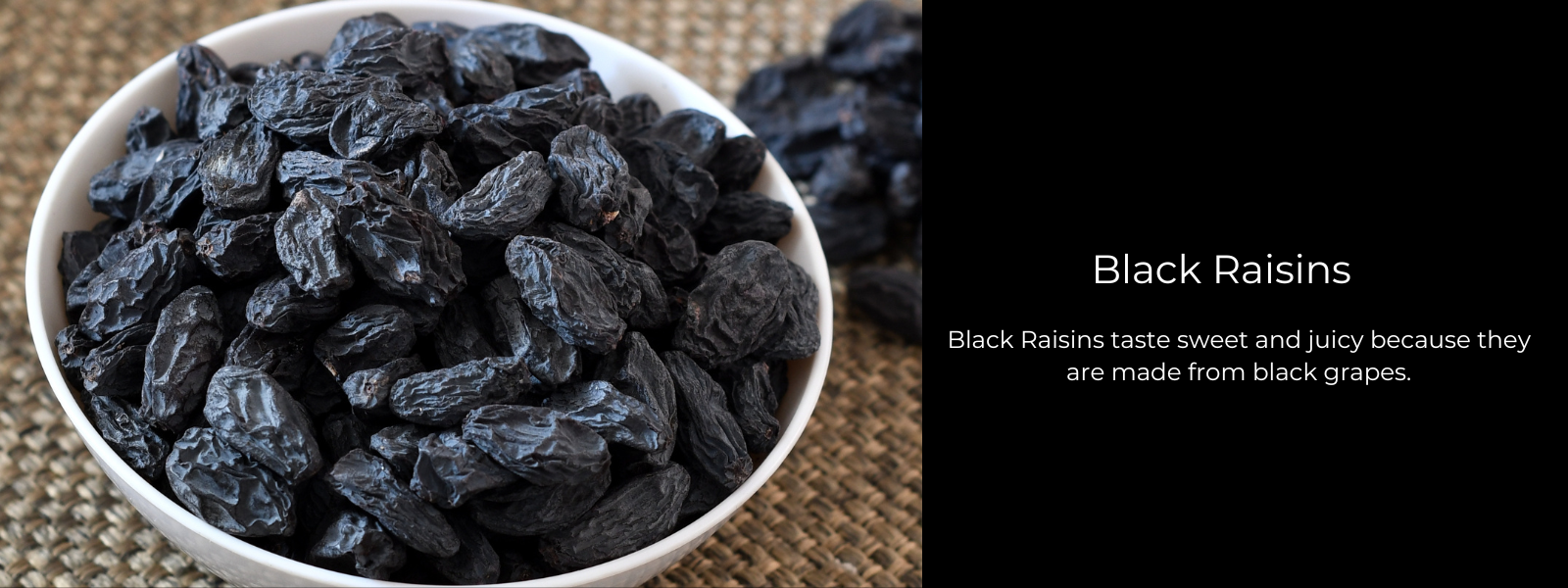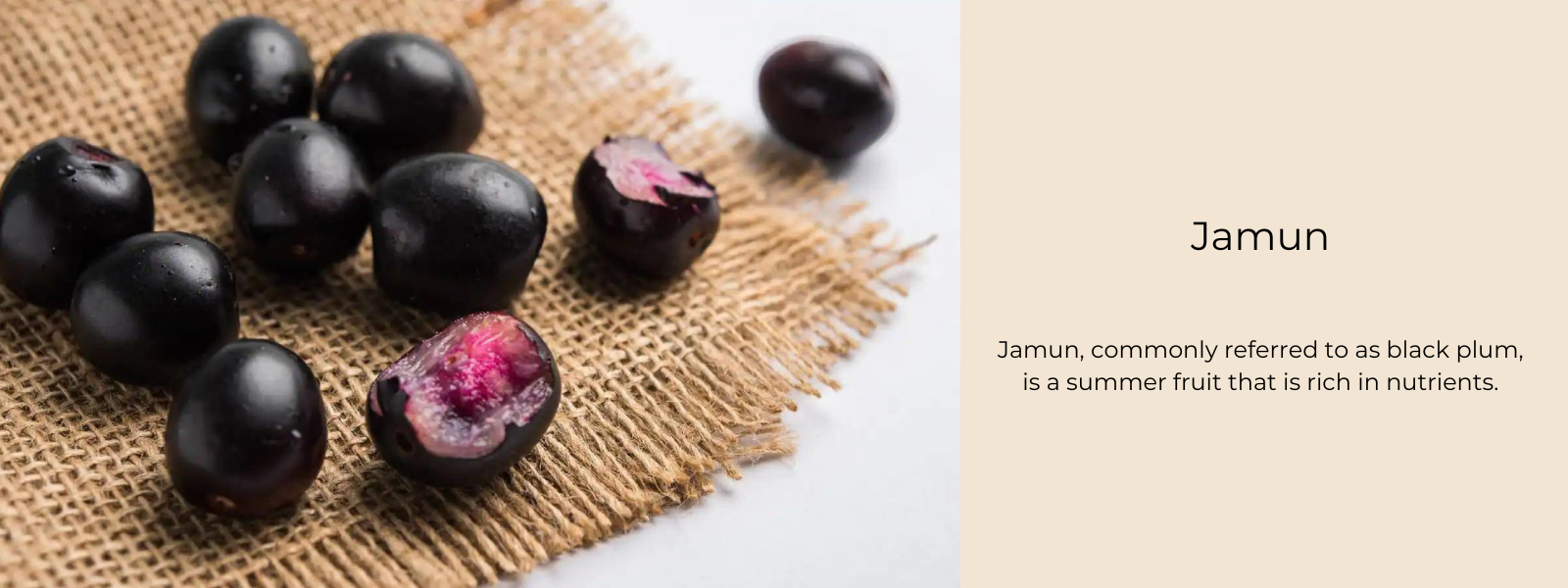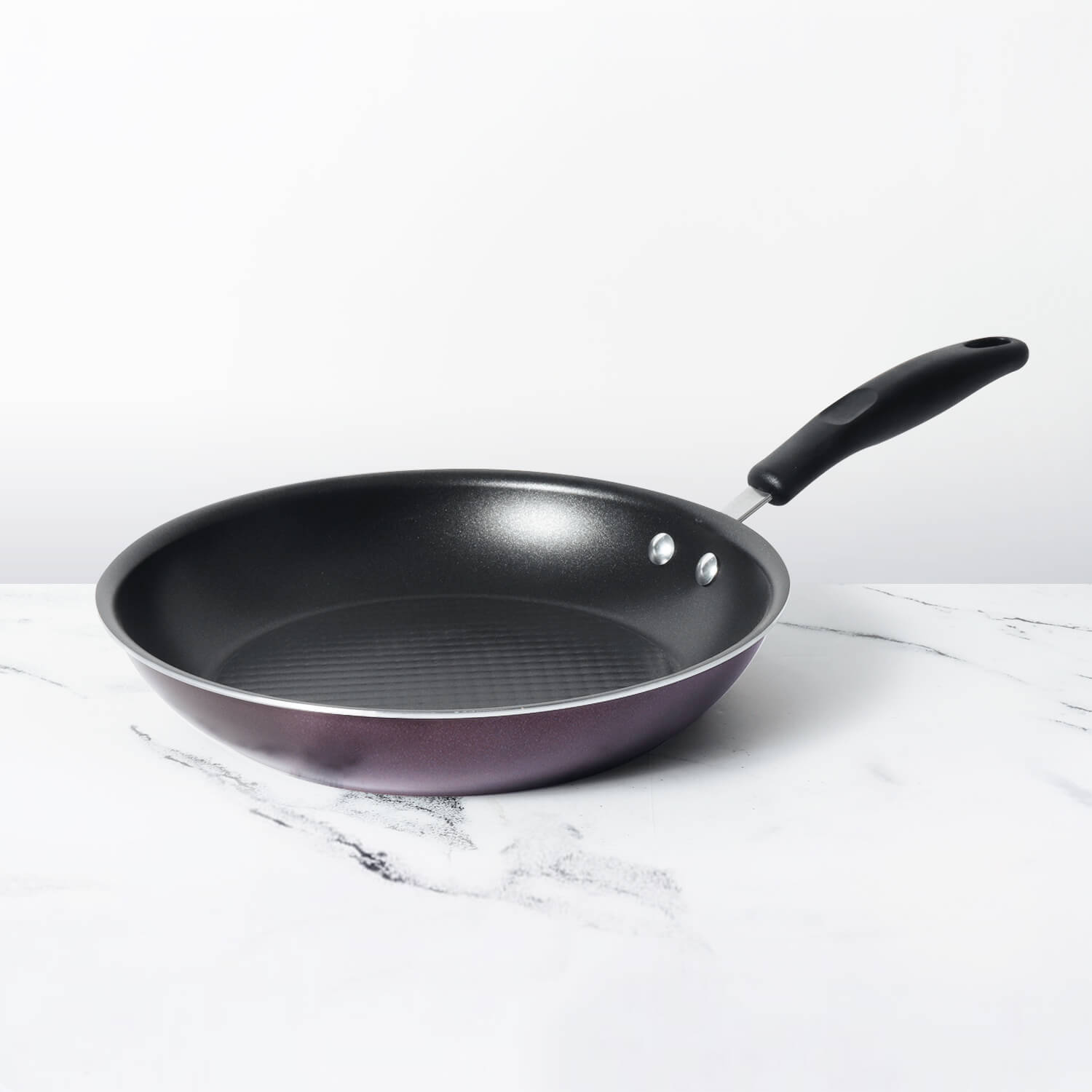The black olive (which is botanically classified as a fruit) may not seem like it, but it actually has quite a few health benefits. Olives are beneficial because they include dietary fibre, which aids in digestion and keeps cholesterol levels stable. In addition to providing iron, an essential component of red blood cells, and vitamin E, a potent antioxidant, they are a good source of both of these nutrients. But, if you are on a low-sodium diet, you should know that olives contain a fair amount of salt.
Table of Contents
Which is better, green or black olives?
Green olives are somewhat healthier than black olives if you're seeking for the most nutrient-dense olive choice. The explanation for this is because green olives, in comparison to black olives, contain a higher concentration of polyphenols (antioxidants with anti-inflammatory properties).
Curing and storage technique:
Olives, even when perfectly ripe, should never be consumed uncooked. Their meat is typically rough and harsh, and their flavour is generally very astringent. In order to "cure" them before eating, most farmers pack their olives in oil or salty water.
It's possible to cure olives in as many different methods as there are olive varieties. For extended storage, some people use flavoured oil, often with herbs added for depth of taste, to preserve the fruits. Lye treatments of varied durations are also useful, as are vinegar soaks. The olives' final purpose and the preferred flavour profile are crucial considerations. Black olives' flavour can range from acidic to sour to sweet, depending on the kind and how it was stored.
Culinary use of black olive:
Black olive slices are commonly used as a condiment or garnish on a variety of foods, including pizza, sandwiches, and pasta. Traditionally, pimentos, peppers, garlic, dry fruits like almonds, and other such ingredients are used to stuff black olives. Stuffed black olives can be used in place of other types of olives in many dishes.
Nutritional value of black olive:
There are 100 calories, 9 grams of fat, 6 grams of carbohydrates, and 2 grams of fibre in 20 large black olives. While there are many beneficial components in the salty fruit, one serving (20 olives) could include more than 600 milligrammes of sodium, or roughly 25% of the daily value.
Health benefits of black olive:
Great for heart
Free radical damage is a major contributor to heart disease. Olives' abundance of anti-oxidants protects the heart by preventing damage from free radicals. Consuming them reduces the risk of cardiovascular disease by preventing the oxidation of cholesterol and the buildup of fat in the arteries. Olives are a great source of healthy fat, which can help your body produce more HDL (good cholesterol).
Eliminates cancer risk
While free radical attacks have been linked to cancer, it's important to put a stop to them immediately. The monounsaturated fats and vitamin E found in black olives provide cellular protection. This stops the growth of cancer cells, stops them from mutating, and inhibits free radical damage. Olive consumption has been linked to a decreased risk of colon cancer.
Cosmetic and hair care advantages
Olives include all of the necessary vitamins and minerals for healthy skin and hair. Antioxidants and vitamins like E can save your skin from the harmful effects of UV rays. Anti-aging and cancer prevention in the skin are additional benefits. This is a major argument in favour of using olive oil as a topical moisturiser. The combination of hydration and defence it provides is invaluable. Make your own olive oil face mask or beauty products with shea butter and olive oil. Similarly, mask your hair with an olive oil pack to acquire smooth, lustrous and strong hair.
Eye health
Eat black olives if you have poor eyesight, pain in the eye area, dry eyelids, pink eyes, conjunctivitis, or any of a number of other eye conditions. Vitamin A, which is abundant in black olives, is beneficial to eye health. It has been shown to be useful in combating age-related eye problems such glaucoma, cataracts, and macular degeneration in addition to enhancing eyesight.
Digestive health
Consumption of black olives has been linked to a decreased risk of colon cancer, as has been previously mentioned. It follows that they are fantastic for the digestive system. Olive oil's anti-inflammatory properties also help prevent gastritis and ulcers. In addition, it stimulates the production of bile and pancreatic hormones to help avoid gallbladder stones. Also, the fibre in olives aids digestion and secretion. This means that black olives aid with digestion.
Conclusion:
Black olives are a versatile and nutritious addition to any diet, offering a range of health benefits, including heart health support, improved digestion, and rich antioxidant properties. Their high content of healthy fats, vitamins, and minerals makes them a valuable ingredient for balanced meals. Black olives are widely used in salads, pizzas, pasta, and Mediterranean dishes, adding flavor and nutritional value. Incorporating them into your diet in moderation can enhance your meals and contribute to a healthier lifestyle. Whether enjoyed as a snack or a culinary ingredient, black olives are a delicious way to boost your health.












Leave a comment